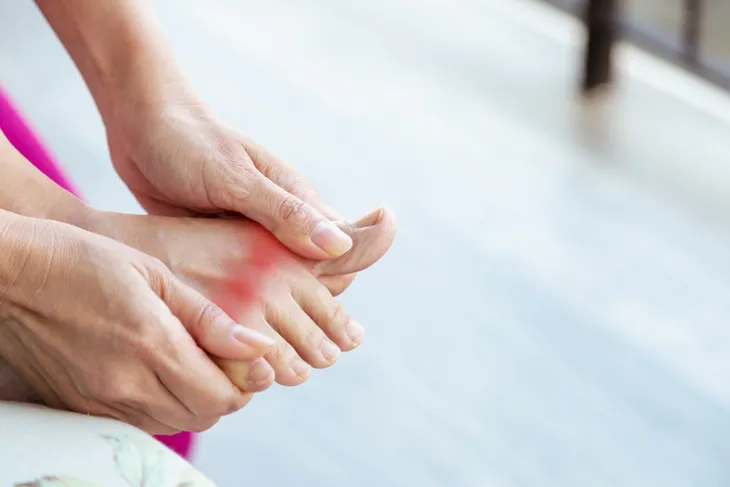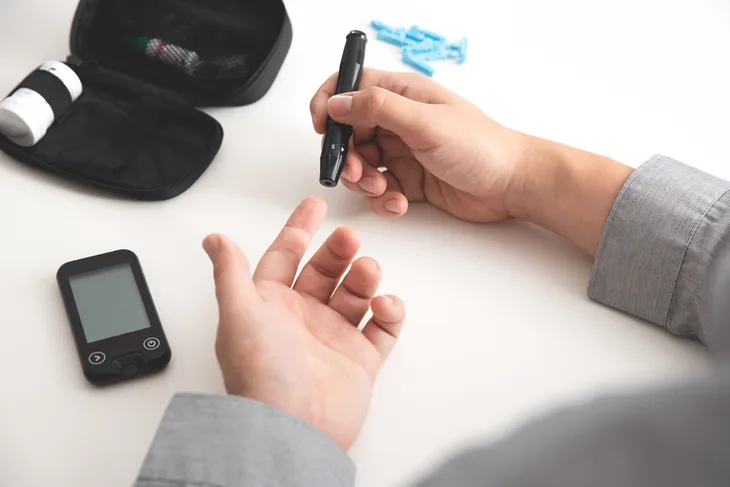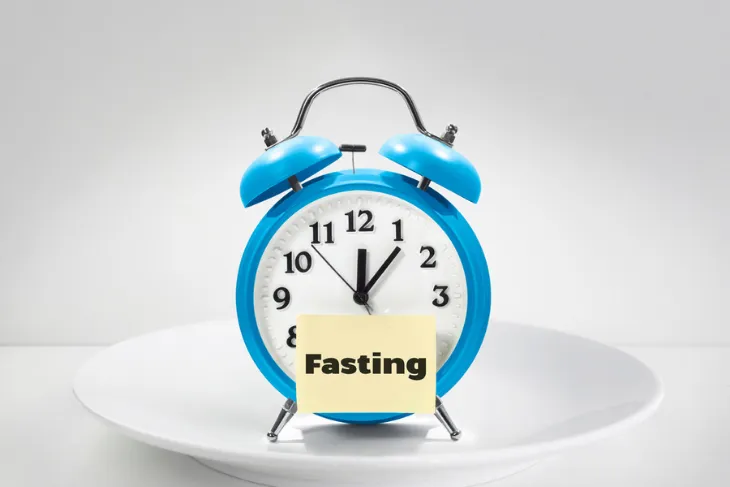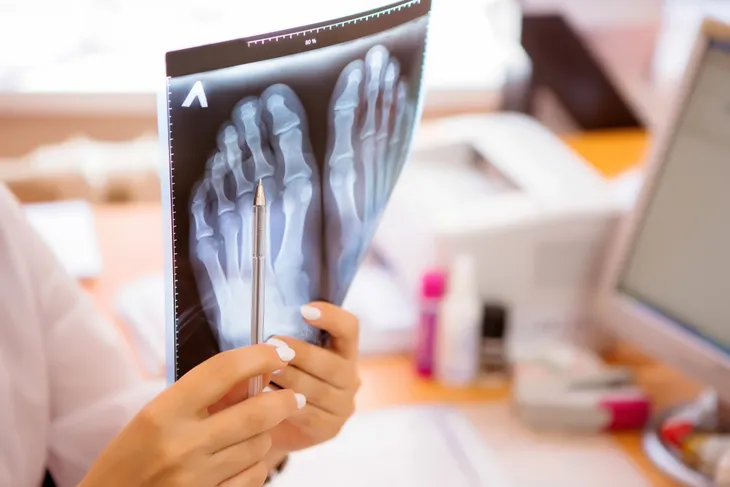Gout is a type of arthritis that commonly affects the toe. It used to be called the “disease of kings” because only the wealthy could afford to eat rich foods like meat and alcohol. Unfortunately, these foods can trigger gout, and today, they are more accessible to many people.
Another thing you might not know about gout is that it doesn’t just affect the toe. It can affect other joints too such as the wrist, fingers, ankles, knees, and elbows. So, if you feel pain in these areas, you may have an incoming gout attack. Ignoring the warning signs of a gout attack can have negative consequences. Over time, gout flares can become more intense and can even cause you to be immobile. Here are the common warning signs of a gout attack you should know…
Pain in the Big Toe
Gout attacks can be quite painful. In fact, gout patients often describe the pain as throbbing or crushing. If the pain occurs in your big toe, then this could be a warning sign that it’s a gout attack.
When uric acid crystals settle in the joint, your body’s response is to fight it. This is what causes the gout attack. The result is an inflamed joint that’s swollen, warm, and red. It can be very painful to touch. Even the slightest brush of a bedsheet can send you to tears!
Further, sometimes the skin that covers the joint can get flaky and begin peeling. It can be very tempting to scratch this area but as mentioned above, it’s the last thing you want to do considering the intense pain you might feel.
Urinating Less
If you notice that you’re urinating less, this could be indicative of an impending gout attack. It means that the kidneys are not properly excreting uric acid, so they are building up in your body. This is why it’s highly recommended that gout sufferers drink plenty of water.
Water not only dilutes the uric acid in the blood but also encourages you to urinate more frequently allowing more uric acid to exit the body. As a result, this can help prevent buildup. Dehydration can also be a precursor to a gout attack.
More Warning Signs of a Gout Attack
Other warning signs of a gout attack include feeling sick and muscle aches. Gout patients report feeling fatigued and sick when they have a gout attack — almost as if they have the flu.
Further, it’s normal to get muscle aches and possibly even a fever during this time. When you experience a gout attack, it’s important to rest instead of moving around. This is because moving around too much can worsen your gout pain.
Why You Shouldn’t Ignore the Warning Signs of Gout
Ignoring the warning signs of gout can have severe consequences. It’s important to know, patients with severe gout didn’t just get the way they are right away. It starts with occasional gout flares and if these symptoms are ignored, it can turn into severe gout.
Without taking the right lifestyle changes and medication, these flares become more intense and can even cause you to be immobile. In worse cases, surgery has to be done to remove the uric acid buildup in the joints. This is called tophi and it’s when white, chalky nodules accumulate in the affected joint.
When Do Gout Attacks Occur?
Unfortunately, a gout attack often comes in the middle of the night when you least expect it. This is because your body is at its lowest temperature and you tend to be more dehydrated. The combination of uric acid crystals accumulating more readily and settling in makes it a perfect recipe for an intense gout attack.
In some patients, the pain can happen in more than just one joint. When this happens, it’s called polyarticular symptoms. This can be quite difficult to diagnose since gout has similar symptoms to other conditions such as rheumatoid arthritis.
Gout vs. Stiff Joints
A common question people ask is, “My joints feel stiff in the morning when I wake up. Is this gout?” The answer is, no, it is not. With gout, you can feel fine and have zero symptoms and quickly experience intense pain that wakes you up at night. This pain slowly goes away after a few days or weeks. If you experience periods of not feeling anything then having an instant flare, this is indicative that you have gout.
It’s worth noting, you can go for months or even years without experiencing a gout flare. However, if you don’t do anything about it, the flares could happen more frequently and get worse over time.
Risk Factors
If you have kidney disease or diabetes, you may be at risk of having a gout attack. These conditions indicate that you have a uric acid build-up in your body. Normally, the body is pretty good at removing uric acid but when you have these conditions, it can be hard to eliminate them completely since there is too much.
There are other risk factors you should know that can increase your chances of having a gout attack. Let’s take a look at these next.
Taking Aspirin
While it may be tempting to take a pain reliever like aspirin, it may increase your chances of having a gout attack. This is because aspirin has been known to increase uric acid in the blood.
If you need to take one a day for your heart, keep taking it but be sure to accompany it with medication that can help lower uric acid. If you need some pain relief, opt for other pain relievers like acetaminophen (Tylenol) or ibuprofen (Advil). Talk to your doctor about your options.
Taking Diuretics
If you are taking diuretics for blood pressure, be careful. This can cause uric acid to accumulate since diuretics block its excretion in the kidneys.
If you have to take diuretics, it may be best to also take a medication that slows down the production of uric acid in your body. Once again, consult your doctor to determine what is best for you.
Fasting
When you fast, the ketone levels in your body increases which means your kidneys will be working harder to eliminate both uric acid and ketones. If you want to avoid a gout attack, forget about fasting.
Uncomfortable Footwear and Injuries
First, wearing uncomfortable shoes can put you at risk of having a gout attack. You need blood to circulate properly, and uncomfortable shoes aren’t going to help with that. Wearing the wrong shoes can also aggravate any painful gout symptoms you’re feeling.
Further, injured joints can also put you at risk of having a gout attack. This is because joints that are injured are a prime spot for uric acid crystals to accumulate.
Treatment for Gout
In order to get the proper treatment, you should consult a specialist. If you haven’t been diagnosed with gout yet, approach your doctor first. They will perform diagnostic tests that can confirm the condition. Then, your doctor may refer you to a rheumatologist who can give you optimal doses of medicine for gout.















